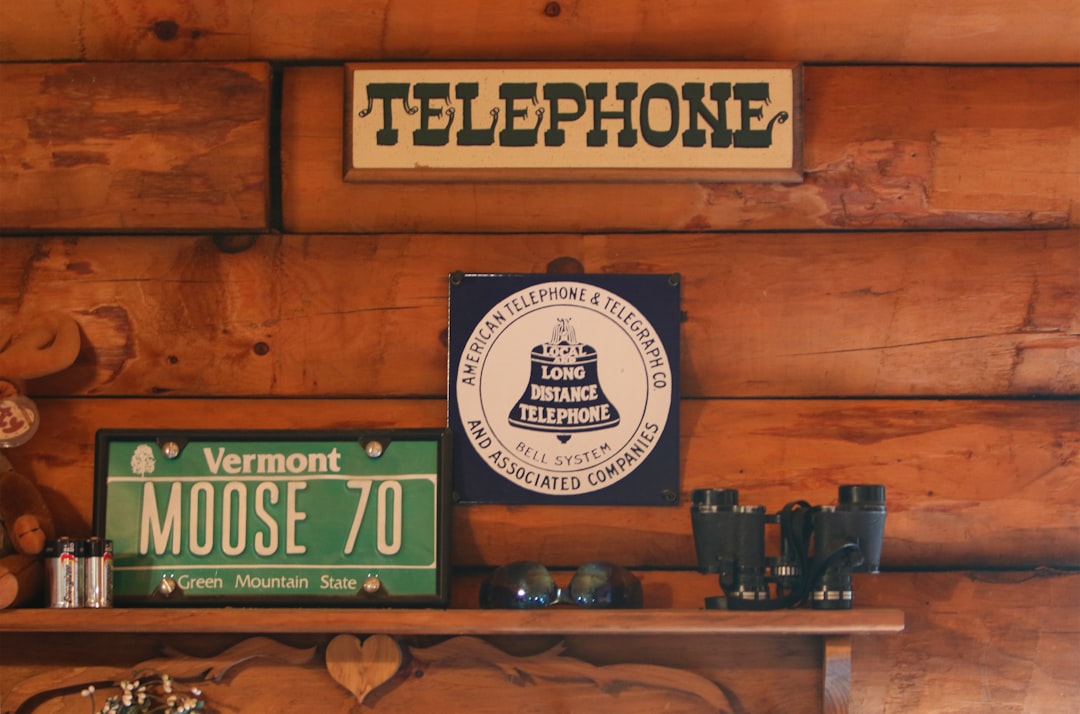Vermont businesses must comply with the Telephone Consumer Protection Act (TCPA) to avoid penalties and legal risks from spam call lawsuits. This involves obtaining explicit prior written consent for automated or prerecorded calls, maintaining detailed records of customer opt-outs, and employing best practices like local caller ID numbers and staff training. Consulting spam call lawyers Vermont is crucial for navigating TCPA requirements, ensuring compliance, and preventing legal repercussions associated with spam calls in the state.
Middlebury businesses, stay alert! The Telephone Consumer Protection Act (TCPA) is a powerful law that regulates telemarketing practices, but it can also pose significant risks. This article guides you through the intricacies of the TCPA and its impact on Vermont businesses. We’ll explore best practices to avoid costly spam call lawsuits, emphasizing do’s and don’ts for compliance. Additionally, learn how expert legal advice can be your shield against TCPA challenges, ensuring your business stays protected in the face of increasing regulation. Find out how to safeguard your operations from Vermont’s spam call lawyers.
Understanding the TCPA and Its Impact on Vermont Businesses

In Vermont, businesses must be aware of and comply with the Telephone Consumer Protection Act (TCPA), a federal law designed to protect consumers from unsolicited telephone calls and text messages. The TCPA prohibits companies from making automated or prerecorded phone calls or sending text messages to customers who have not explicitly agreed to receive them. Violations can result in significant financial penalties, which is why it’s crucial for Middlebury businesses to understand their responsibilities under this legislation.
Spam call lawyers Vermont often emphasize that the TCPA covers both live agents and automated systems. Businesses must obtain prior express written consent from customers before initiating any marketing calls or texts. This means that simple verbal agreements or opt-out requests aren’t sufficient. To minimize risks, companies should implement robust data management practices, maintain detailed records of customer consent, and ensure their marketing campaigns adhere to TCPA guidelines.
Implementing Best Practices to Avoid Spam Call Lawsuits

To minimize the risk of TCPA lawsuits in Vermont, Middlebury businesses should focus on implementing robust best practices for their phone marketing efforts. This starts with obtaining explicit consent from customers before making any automated or prerecorded calls and ensuring that call content is relevant and personalized to avoid triggering anti-spam laws. Businesses should also maintain detailed records of customer opt-out requests and honor them promptly.
Additionally, employing robust caller ID practices can help prevent unwanted legal repercussions. Displaying a local number that matches the business location can build trust with potential customers and reduce the likelihood of complaints. Training staff on proper call handling procedures and ensuring compliance with state and federal regulations is paramount to protecting against spam call lawsuits in Vermont.
The Role of Legal Advice in Mitigating Risks and Ensuring Compliance

For Middlebury businesses, navigating the Telcos Consumer Protection Act (TCPA) landscape can be complex and fraught with potential pitfalls. One of the most effective strategies to minimize risks and ensure compliance is seeking legal advice from qualified spam call lawyers Vermont. These experts possess in-depth knowledge of TCPA regulations and can offer tailored guidance to help businesses avoid costly mistakes.
By engaging experienced attorneys, companies can better understand permissible marketing practices, obtain training on how to handle customer opt-out requests, and implement robust internal protocols to prevent unwanted calls or text messages. Proactive legal counsel enables businesses to stay ahead of evolving TCPA requirements, thereby safeguarding their reputation and preventing potential penalties and lawsuits related to spam call regulations in Vermont.






